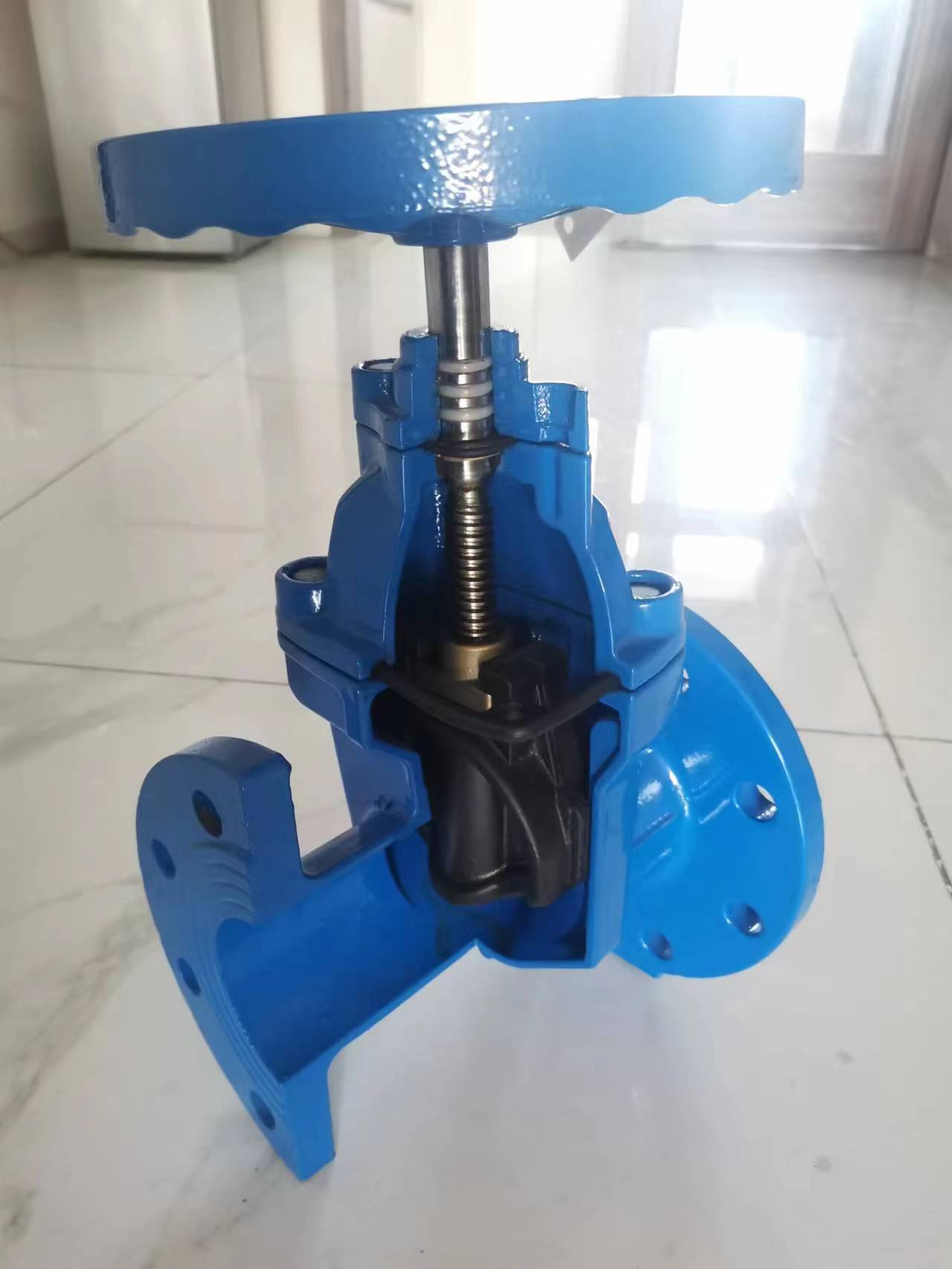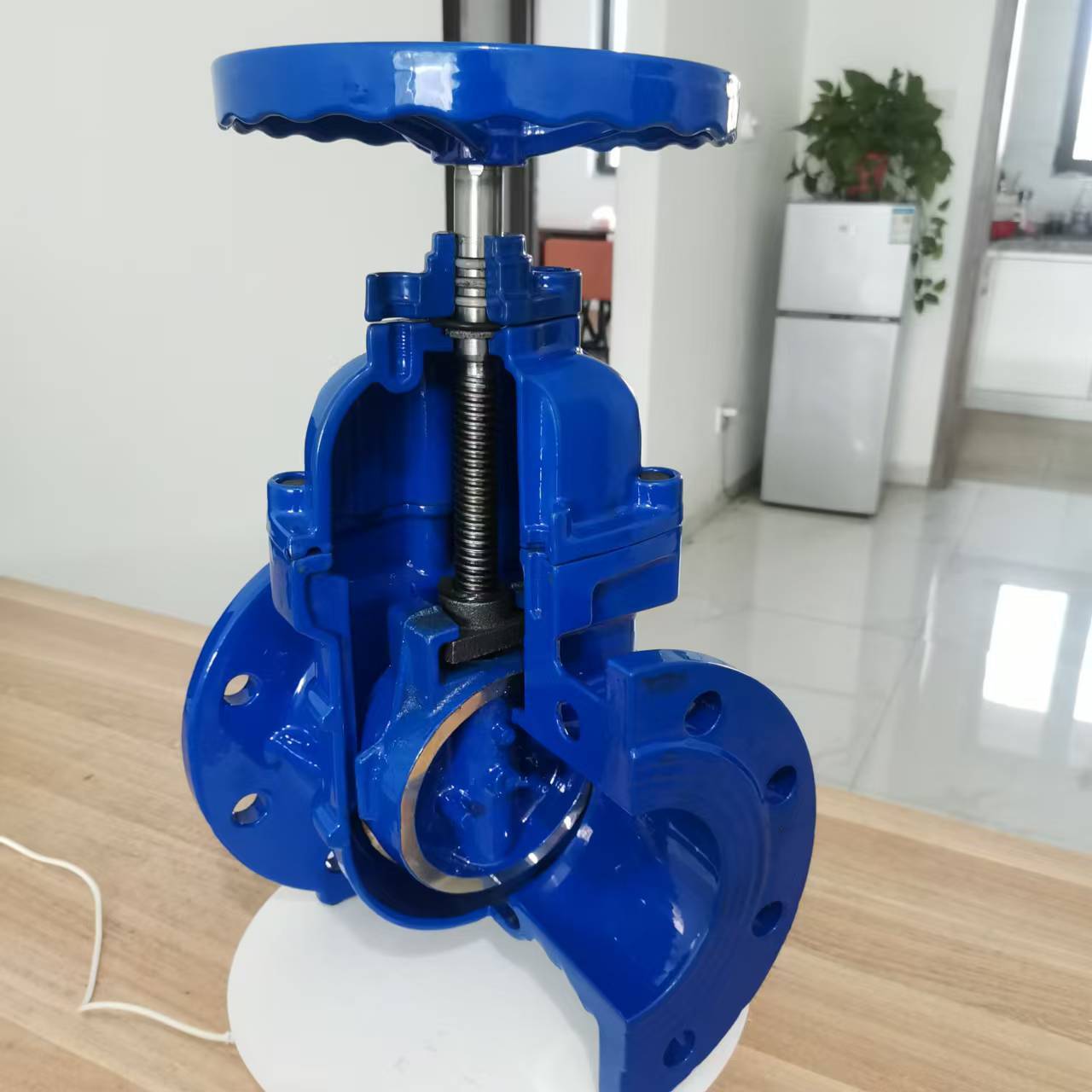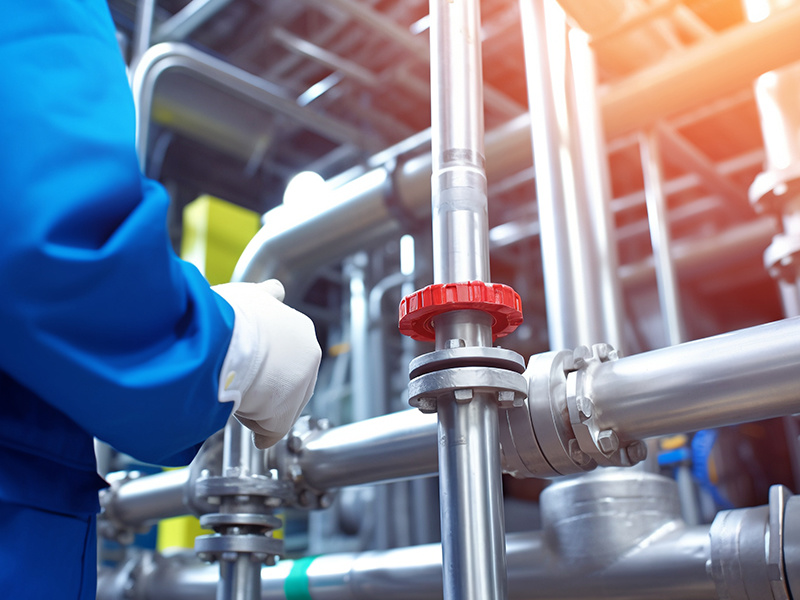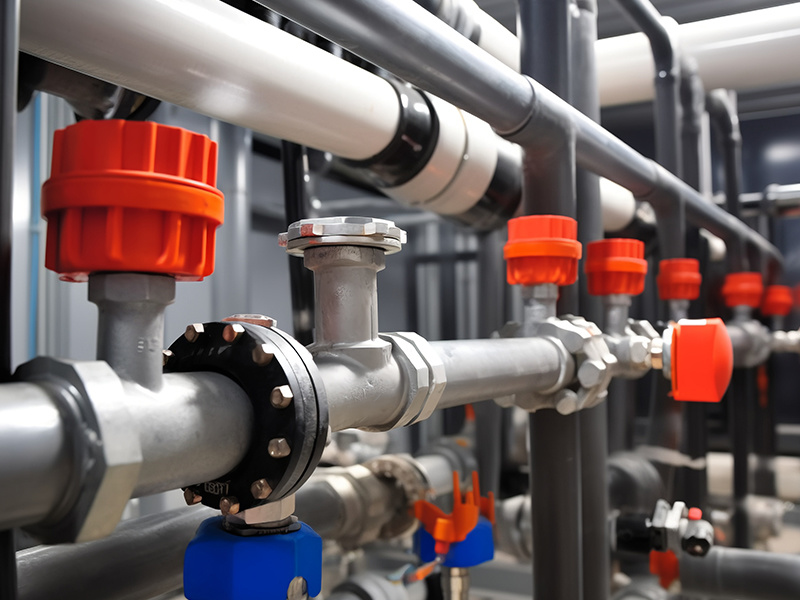How to choose between using soft sealed gate valves or hard sealed gate valves
Release Time:
Jul 29,2025
How to choose between using soft sealed gate valves or hard sealed gate valves


1.Selection Guide - Prioritize Scenarios for Soft Seal Gate Valves
Require high sealing (zero leakage): such as drinking water, food and medicine, fine chemicals, flammable, explosive and toxic gas/liquid pipelines, and environmental sewage treatment (no dripping is allowed).
Normal or medium temperature conditions: The medium temperature is within the allowable range of the selected elastomer material (usually ≤ 120 ℃ is common, EPDM/PTFE may be higher).
Medium and low pressure applications: The working pressure is usually PN16/Class150 and below.
Cleaning medium: The medium does not contain or only contains trace amounts of solid particles, and has no strong abrasion resistance.
Corrosive medium (but material selection is required): The medium is corrosion-resistant to specific elastomers (such as PTFE, FKM), while metals are difficult to handle or the cost is too high.
Requires a smaller opening and closing torque: such as frequent manual operation or limited power of the actuator.
Cost sensitive and mild operating conditions: limited budget, operating conditions that meet the above advantages, accepting regular replacement of seals.
2.Selection Guide - Prioritize Scenarios for Hard Seal Gate Valves
High or low temperature conditions: The medium temperature exceeds the limit of the soft sealing material (>150 ℃, 200 ℃ or above), or is extremely cold (<-40 ℃ -196 ℃).
Containing solid particles, slurry, and highly abrasive media: such as mining slurry, coal powder ash, process fluids containing catalyst particles, and media containing crystalline particles (with attention to anti scaling design).
Medium prone to crystallization or coking: Metal sealing surfaces are relatively less likely to stick or are easier to clean.
Frequent opening and closing or partial opening conditions (relative): Although gate valves are not recommended for regulating purposes, hard seals have better resistance to fluid erosion and wear than soft seals when occasionally or partially opened.
Long lifespan and high maintenance requirements: Under harsh working conditions, the overall lifespan of hard seals is usually much longer than that of soft seals, with long maintenance intervals or maintenance free requirements.
Fire safety requirements: Under potential fire conditions (API 607/API 6FA), elastic materials will burn out and fail, while metal hard seals can provide a certain degree of "fireproof sealing" ability (which is one of the main reasons for choosing hard seals for gate valves)





